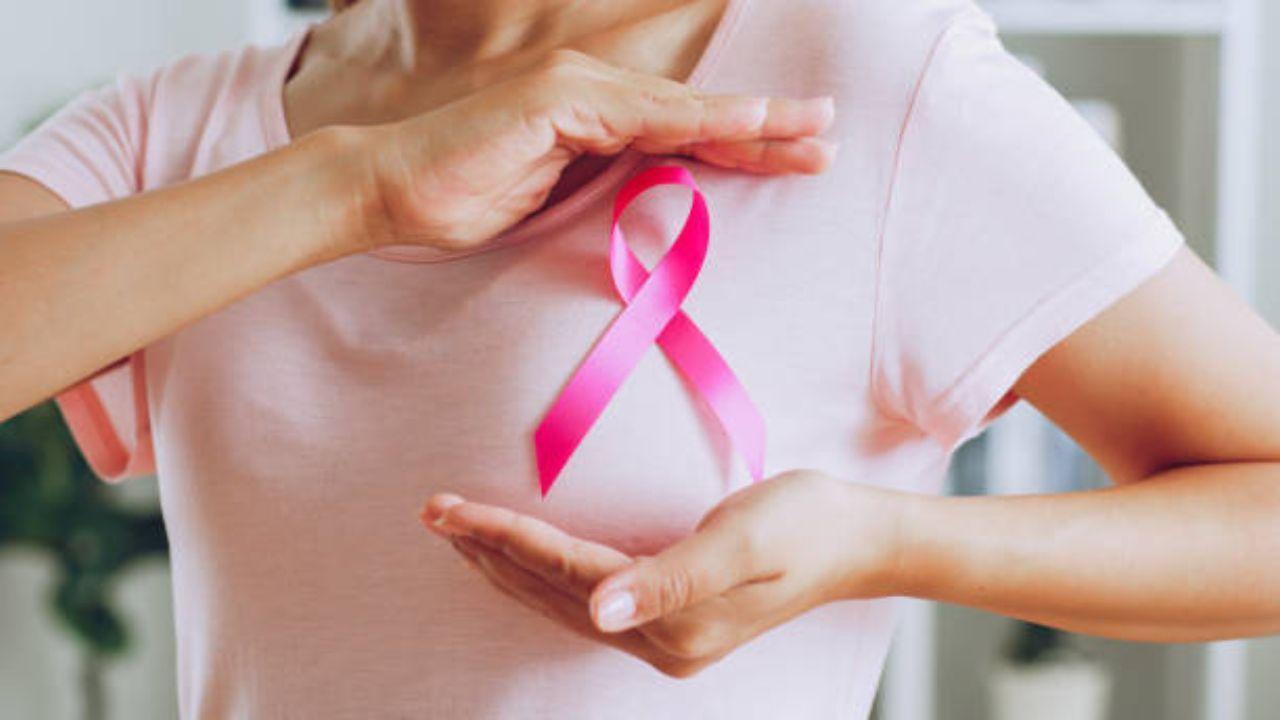Home / Lifestyle / Health & Fitness / Article /
Breast cancer to cause a million deaths a year by 2040: Study
Updated On: 28 June, 2024 01:07 PM IST | New Delhi | PTI
Around 7.8 million women were diagnosed with breast cancer in the last five years until 2020 and about 685,000 women died from the disease the same year

Image for representational purposes only. Photo Courtesy: iStock
Breast cancer is now the world's most common carcinogenic disease with the ailment likely to cause a million deaths a year by 2040, according to a new Lancet Commission on breast cancer. Around 7.8 million women were diagnosed with breast cancer in the last five years until 2020 and about 685,000 women died from the disease the same year, it said.
Further, in 2020, women around the world on average had a 1 in 12 risk of being diagnosed with breast cancer before turning 75 years old, and this incidence is rising, researchers found.



